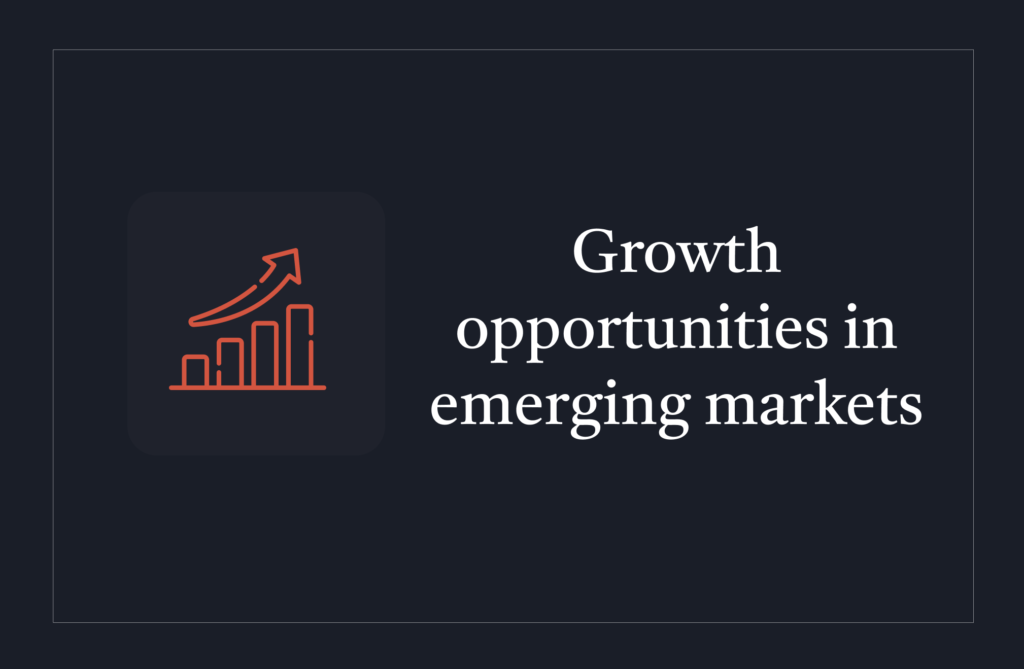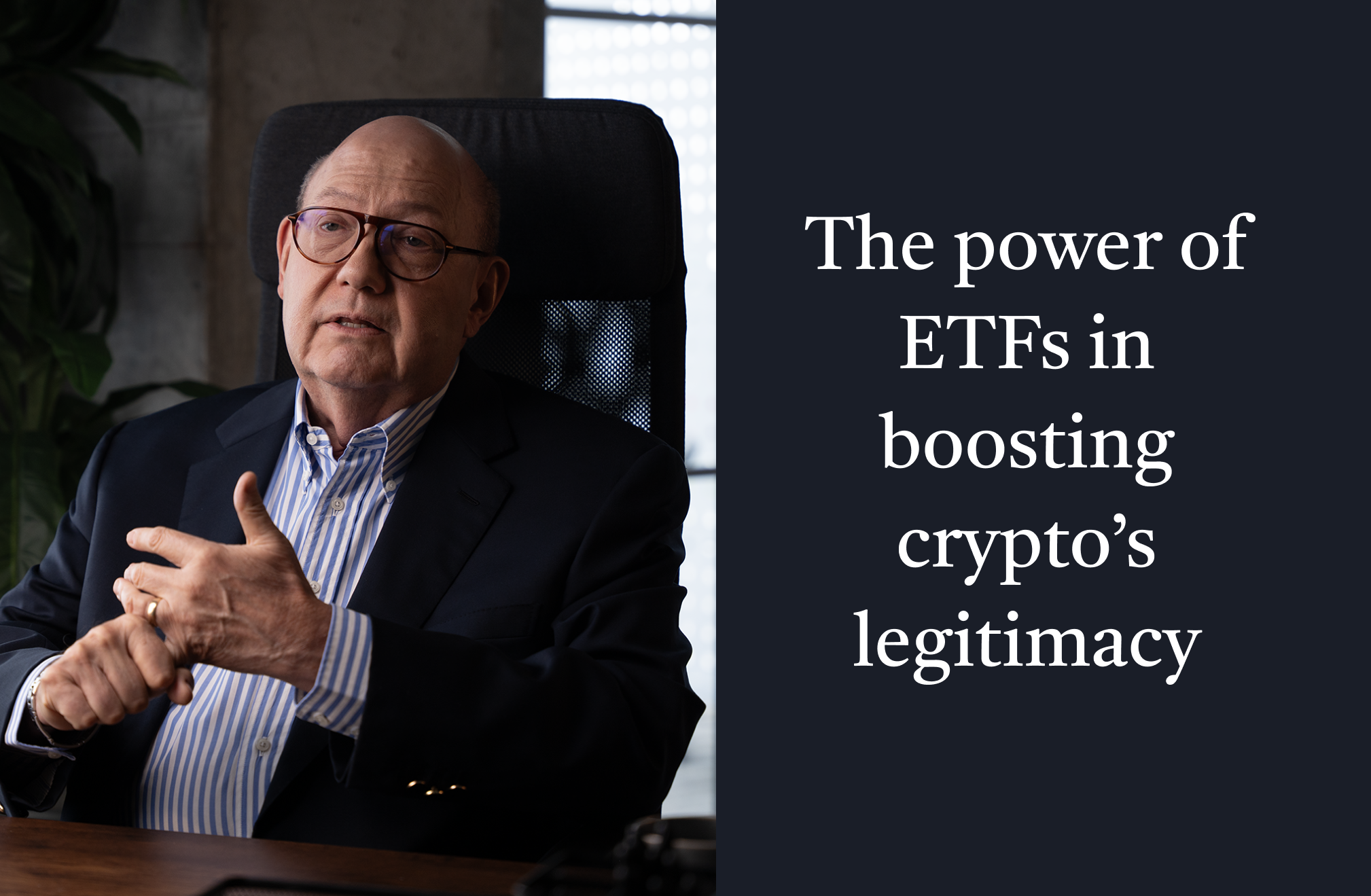
Emerging markets present a unique opportunity for investment, particularly as regards financial services and real estate. But these areas are not without their challenges. From my experience, the potential for growth is immense, but gaining an in-depth understanding of these markets, including all the nuances and particularities of local conditions, politics, and cultures, before diving into a new venture is essential. The same principle can even apply to other U.S. states. While we might be familiar with the laws and fiscal obligations in our own state, those of other states around the country may throw us a complete curveball.
In this article, I’d like to share some of my insights into these key areas of opportunity and where to be more prudent when expanding into emerging markets around the world.
The rule of law and property rights
One of the most critical considerations when entering into an emerging market is the law, particularly with regards to ownership and property rights. I’ve had a lot of experience in the real estate sector, but mainly in the U.S., which has made buying, selling and managing property much more straightforward, although perhaps not as lucrative as investing in cheaper regions outside the country. In many regions, legal frameworks regarding foreign property ownership may be underdeveloped or inconsistently enforced, adding a layer of risk for investors.
For instance, buying land can be a precarious venture if the country’s legal system doesn’t protect your property rights as a land or homeowner. This kind of uncertainty, together with potential complications and further legal fees, can be a deterrent to investors and make long-term planning very difficult. As such, thorough due diligence, extensive research, and a clear understanding of the local legal panorama are essential steps before committing to a significant investment in an emerging market.
Challenges with financing and banking systems
Another hurdle often encountered in emerging markets is the banking sector’s reticence to finance innovative projects. Many traditional banks are wary of venturing into new territories, especially those involving new technologies, such as digital currencies or fintech. This hesitation, which often stems from a lack of knowledge and experience, can stifle growth and innovation, as it limits access to the capital necessary to get a new business off the ground.
Even within the U.S., some state laws make launching a business more complicated than in other areas of the country, especially when they involve emerging technologies such as cryptocurrency or fintech projects. For this reason, it is crucial investors seek advice from local experts regarding the possibilities of funding new projects as a foreigner, in order to reduce the impact of unexpected setbacks or complications, and to properly understand local banking systems, fees and taxes.
The potential of digital currencies
In my work, particularly with projects like ForumPay and the ProperT Rewards Token, I’ve seen firsthand how digital currencies have the power to transform how we understand finance, payments, and trade. Our businesses aim to strengthen the existing ecosystem and benefits of digital currencies, such as faster, cheaper, and safer transactions, and as such, increase the utility of cryptocurrency as an efficient, global form of payment and exchange.
These kinds of projects can also offer innovative financial services to unbanked populations, introducing a secure and efficient way to transact between people and businesses in regions with limited or inefficient banking infrastructures. Digital currencies are already present in African and South American countries that are prone to currency devaluation.
Argentina is one example where the rate of inflation is expected to reach 200% by the end of this quarter. As such, there is still room for new solutions that can facilitate an alternative to FIAT in mismanaged economies. By introducing stablecoins or other asset-backed tokens, for example, we could provide a more reliable store of value and protect people’s savings from the perils of inflation.
For more of my insights and reflections on investment and digital currencies, take a look at the other articles on my blog, visit my YouTube channel and follow @williamerbey on social media.






